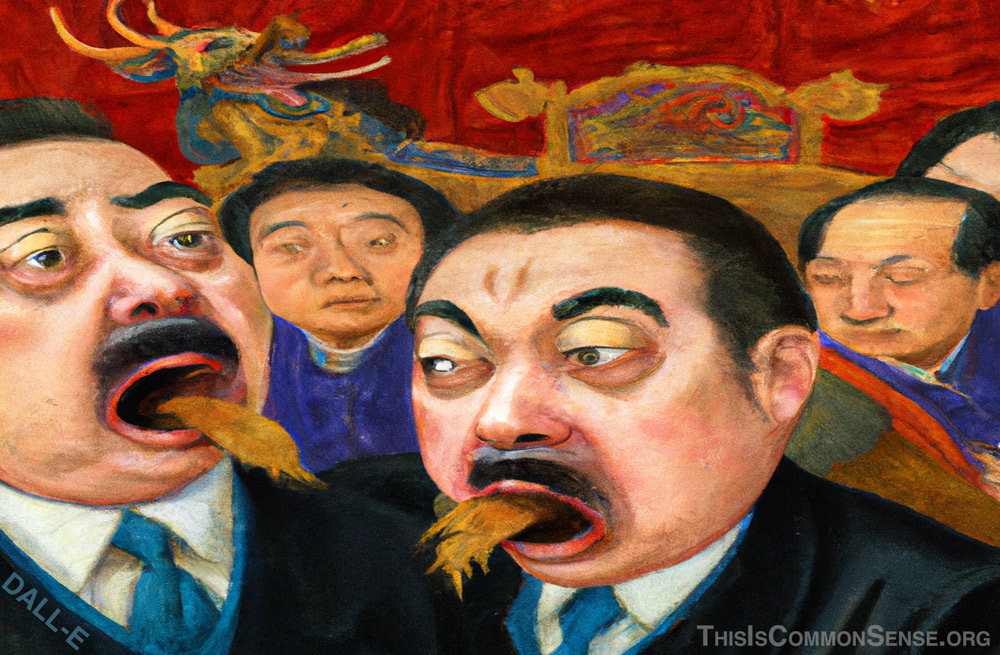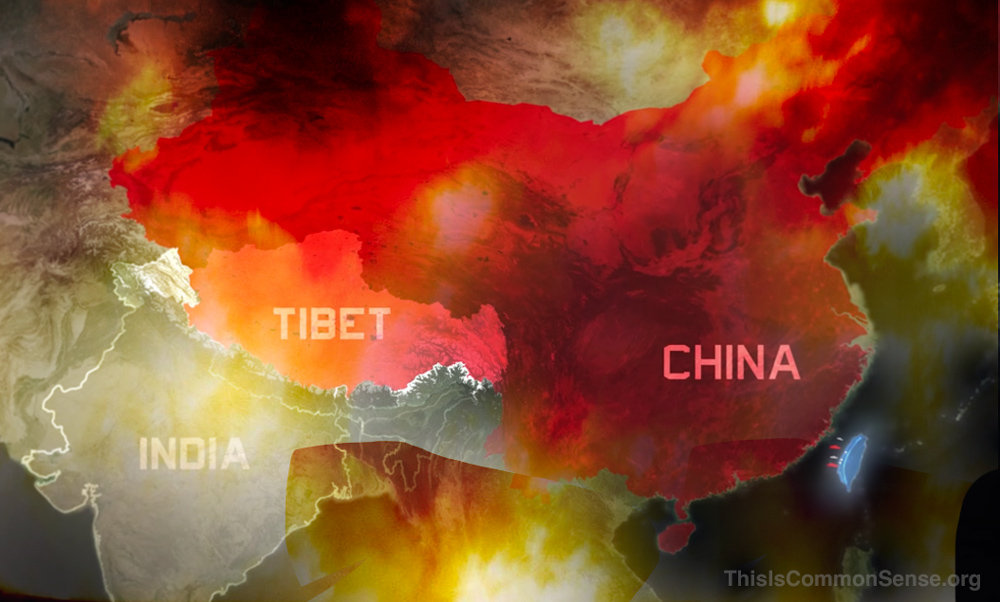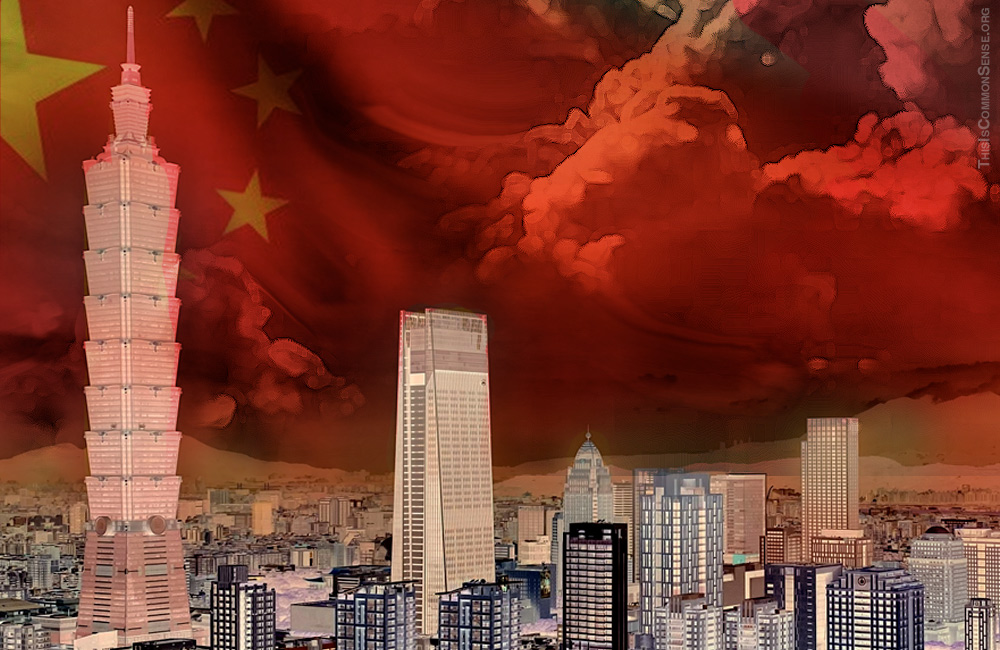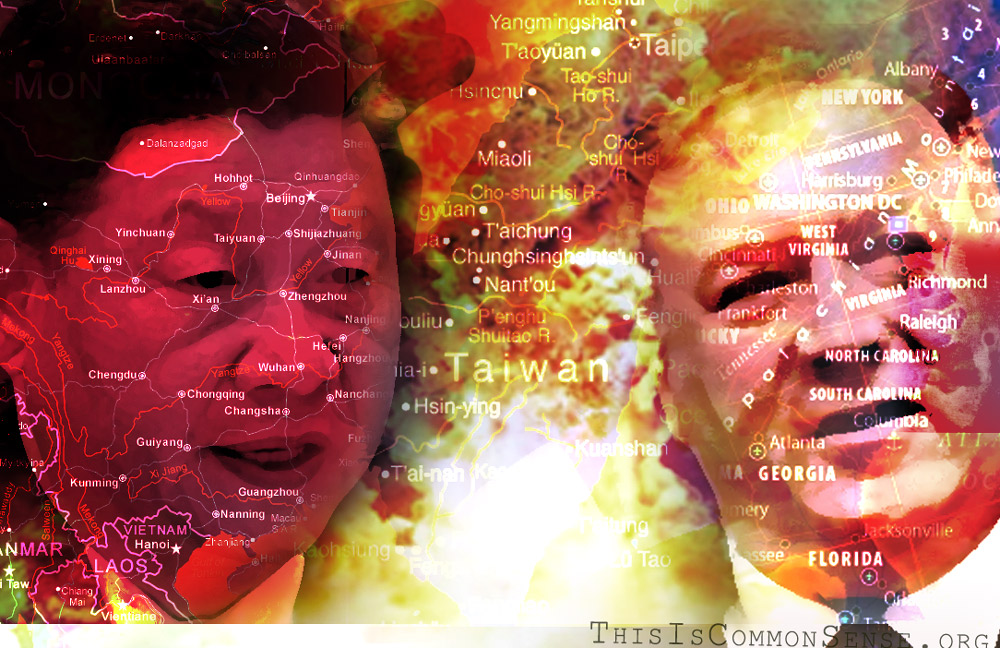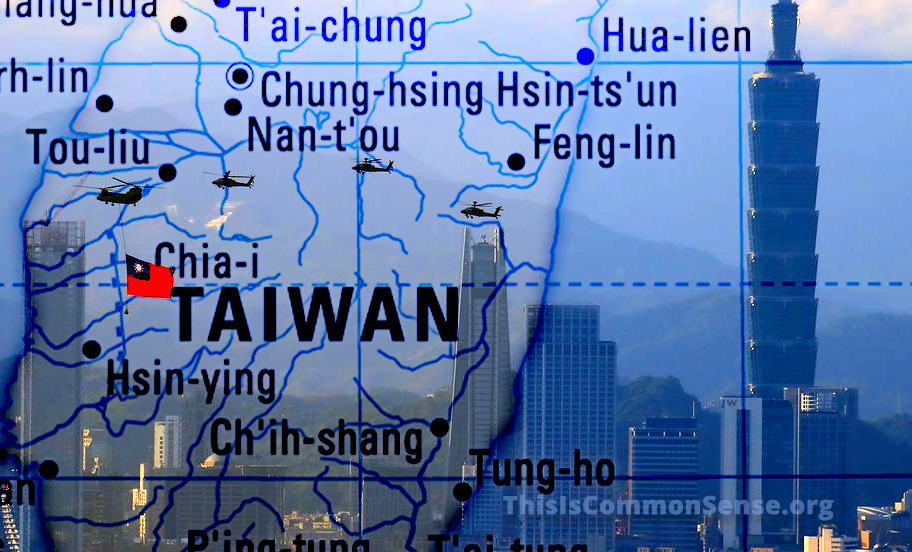“Today, I confess, I am proud — proud of my profession.”
Sky News host Andrew Bolt was referencing the tough questions posed to Xiao Qian, China’s ambassador to Australia, following the ambassador’s speech last week to journalists at the nation’s Press Club.
After Xiao talked about “a possible opportunity to reset the relationship between our two countries,” what with a new Australian administration — and complained that media coverage of China was “mostly not positive”— the questions began.
The ambassador was asked first about the arrest, imprisonment and secret court proceedings against journalist Cheng Lei, an Australian citizen. Next, he was questioned on whether China might consider ending trade embargoes imposed after Australian officials requested an investigation into the origins of the coronavirus pandemic. Ambassador Xiao evaded answers on both matters.
Then came the issue of China’s threat to invade Taiwan. “I’d rather not use the word ‘invasion,’” offered Xiao, “when we talk about China and Taiwan.”
Asked if 24 million Taiwanese shouldn’t get to choose their own path, the ambassador replied, “The future of Taiwan will be decided by 1.4 billion Chinese people.”
“In fact, that’s not even true,” explained Bolt. “It is going to be determined by the Chinese dictatorship,” he added, noting the complete lack of any democracy under Chinese Communist Party rule.
Citing a recent statement by the Chinese ambassador to France that China would “re-educate” the Taiwanese after a military takeover, Ben Packham with The Australian requested a comment.
“There may be a process for the people of Taiwan to have a correct understanding of China,” Xiao acknowledged.
“Along the lines of the camps you have in Xinjiang?” Packham inquired. “That’s a re-education process isn’t it?”
“I’d rather not use the word ‘re-education,’” offered Xiao.
Words scare the genocidal totalitarians running China.
Speak up.
This is Common Sense. I’m Paul Jacob.
Illustration done with assist from DALL-E (artificial intelligence that turns text prompts into completely original art)
—
See all recent commentary
(simplified and organized)
